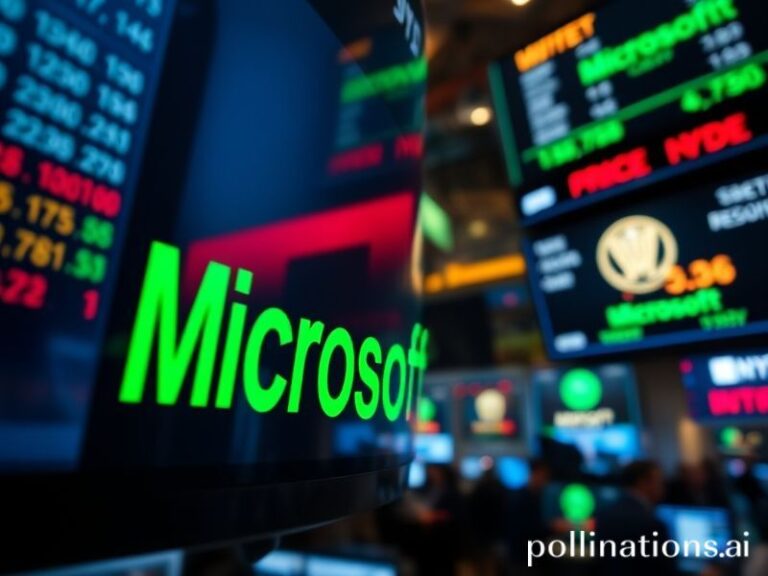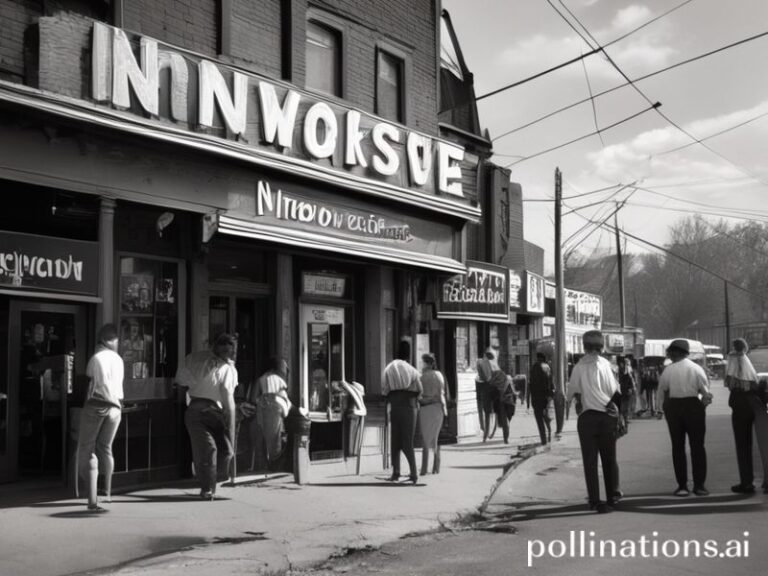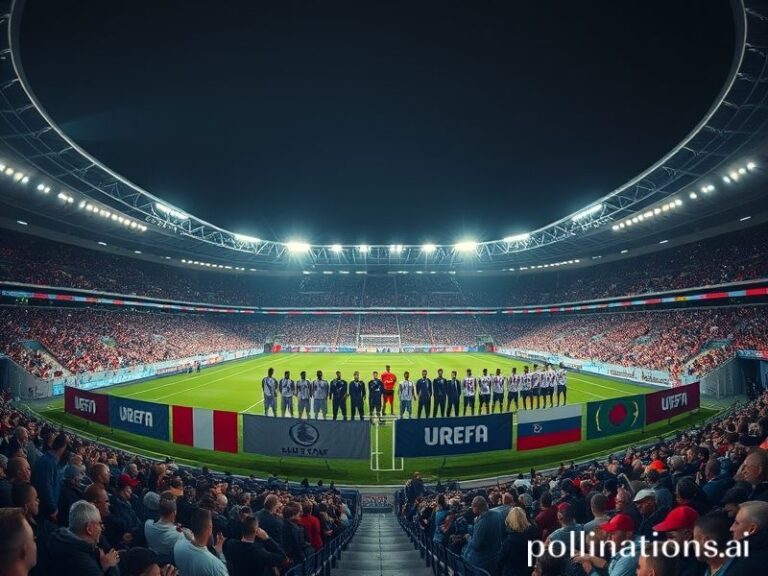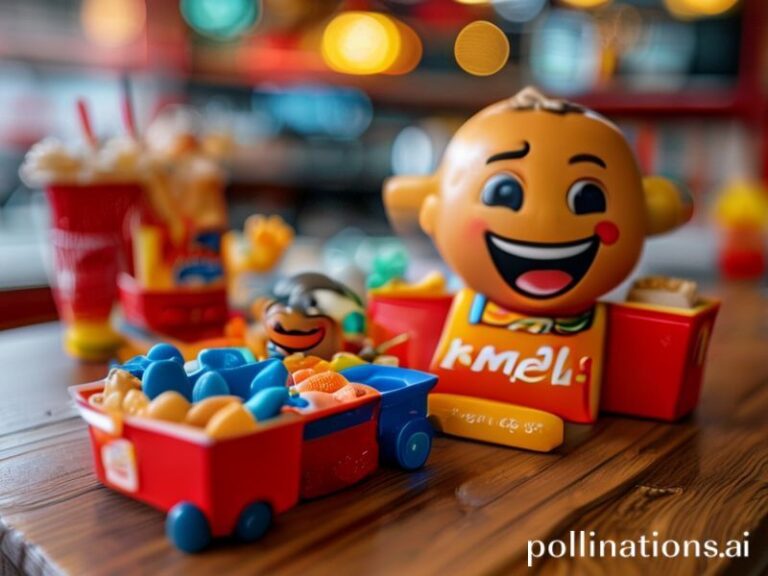One Athlete’s Cancer, Seven Billion Notifications: How Jessica Brady’s Diagnosis Became the World’s Favorite Tragedy
Jessica Brady’s Tumor: One Cell’s Rebellion, Two Billion Heartbeats, and the Whole Damn Planet Watching
By our correspondent, nursing a flat white in Terminal 3 and pretending the Wi-Fi isn’t harvesting his organs
There’s nothing like a single cancer diagnosis to remind the world that borders are essentially decorative. When Australian soccer star Jessica Brady, 28, announced on Instagram that she has Stage II Hodgkin lymphoma, the post ping-ponged from Sydney to São Paulo to Stockholm faster than you can say “co-payment.” Within six hours #JessicaBrady had trended in seventeen languages, including three that technically don’t have a word for “lymphoma” but improvised with emojis. Humanity, ever the sentimental pack animal, collectively forgot its usual hobbies—doom-scrolling, price-gouging, pretending cricket is watchable—and instead practiced the ancient ritual of sending heart emojis to a stranger.
Global empathy is a curious commodity: scarce at COP summits, suddenly abundant when an athlete’s B-cells decide to unionize. The UN didn’t issue a statement, but UNICEF did retweet the announcement with a pastel ribbon GIF, which in 2024 is the geopolitical equivalent of a standing ovation. Meanwhile, the World Health Organization quietly updated its “non-communicable disease” slideshow, slotting Brady between a Ghanaian fisherman with pancreatic cancer and a Slovenian librarian with melanoma. Progress.
For those who measure significance in hard currency, Brady’s illness is already rippling through the Women’s Super League broadcast-rights negotiations in Europe. Analysts at Deloitte estimate that potential lost jersey sales alone could nudge the AUD/GBP exchange rate by 0.0003, which is roughly the impact of a sneeze in Singapore but still enough to make currency traders pretend they care about human beings. Over in Silicon Valley, three biotech start-ups have pivoted their AI-powered lymph-node-mapping algorithms to “Jessica Mode,” hoping to catch the eye of investors who like their oncology with a side of celebrity. Nothing says “Series B funding” like tragedy with brand recognition.
Developing nations, ever the afterthought, watched the saga unfold with the weary amusement of people who queue six months for a basic CT scan. Kenyan oncologist Dr. Amina Oduor noted that the monoclonal antibody cocktail Brady will likely receive costs roughly the annual health budget of a medium-sized district hospital. “We wish her well,” Oduor said, the subtext humming like a faulty MRI machine: and we wish our patients had borders made of platinum insurance cards. Still, the Kenyan health ministry gamely tweeted a photo of Brady in her Matildas kit, proving that soft power sometimes runs on pure delusion.
China’s Weibo users, masters of turning any news into national allegory, debated whether Brady’s diagnosis was karma for Australia’s submarine deal with the US. The thread was later deleted by censors who prefer their cancer metaphors to stay domestic. In Moscow, propagandists briefly floated the theory that Western “bio-labs” had engineered the lymphoma to sabotage women’s soccer, then remembered nobody in Russia actually watches women’s soccer and dropped it. Even the Kremlin has KPIs.
Meanwhile, pharmaceutical giants are locked in a polite knife-fight over who gets to fly Brady to Switzerland for the experimental CAR-T therapy that normally comes with a waiting list longer than a Russian novel. The PR value alone is worth millions; nothing sells cutting-edge oncology like a photogenic midfielder with 2.4 million followers and excellent hair. Ethics boards are already drafting the inevitable statement: “Patient privacy remains paramount,” translated from corporate-speak as “Please ignore the camera crew.”
And so we arrive at the inevitable conclusion: one woman’s rogue lymphocyte is the planet’s latest shared narrative, temporarily eclipsing wars, recessions, and whatever Elon Musk just tweeted. It’s comforting, in a morbidly capitalist sort of way, that cancer still unites us more effectively than any peace treaty. We’ll send prayers, retweets, and maybe even a few dollars—right up until the next distraction scrolls by.
Get well soon, Jessica. The world is weirdly invested in your white blood cells, mostly because they remind us that our own are just as mutinous. And if the treatment works, try not to notice that your recovery will be immediately commodified as a feel-good montage in next year’s FIFA video game. We apologize in advance; the algorithm has no bedside manner.







